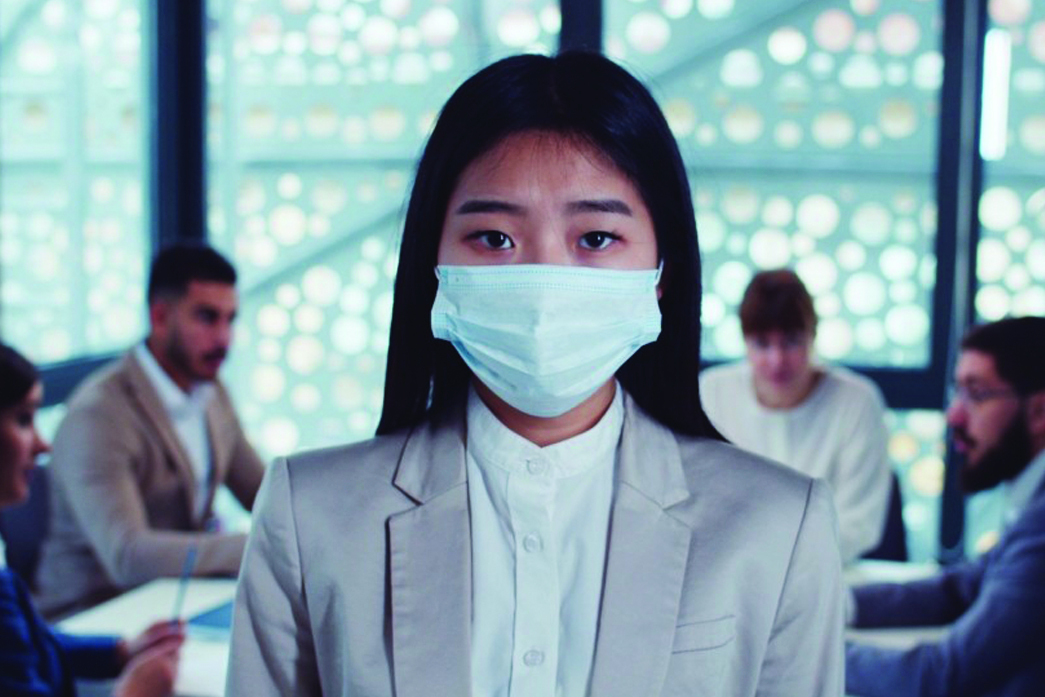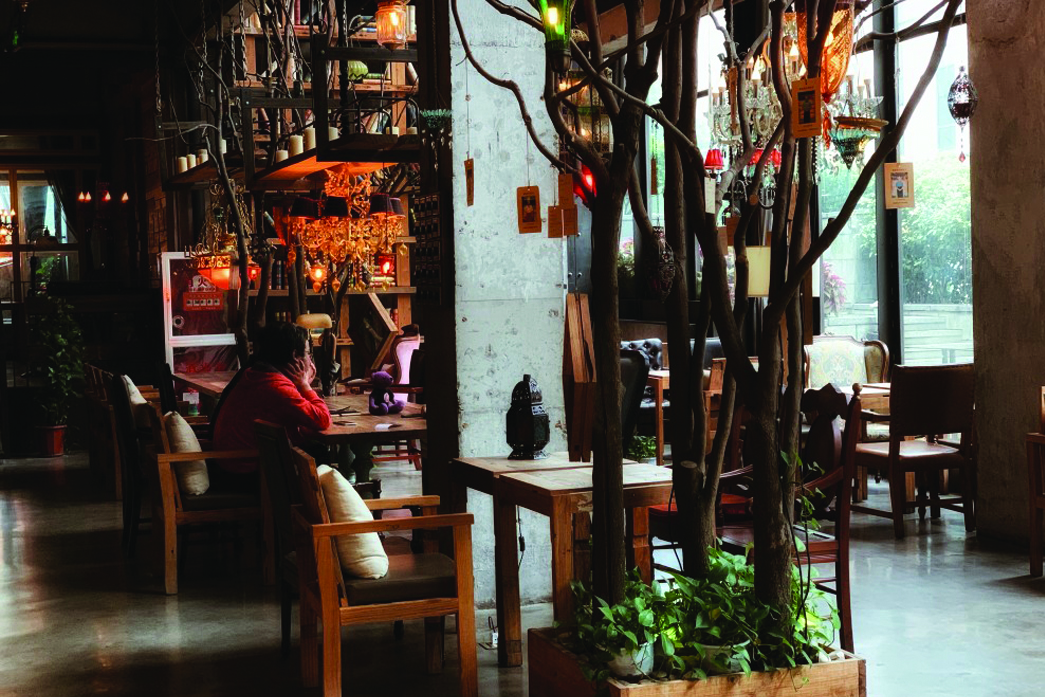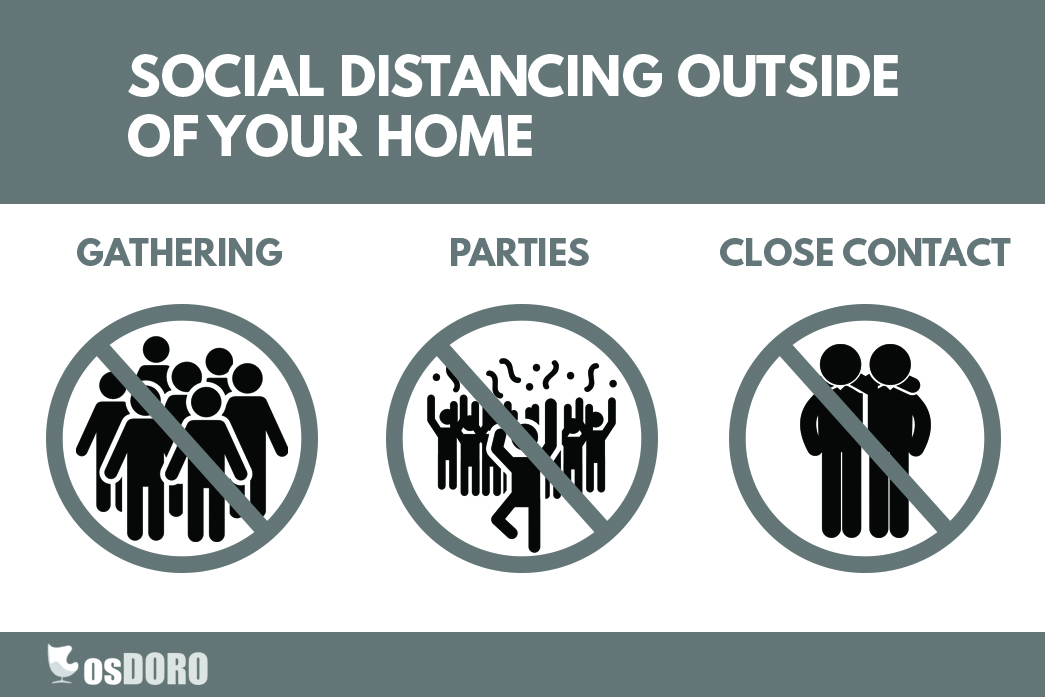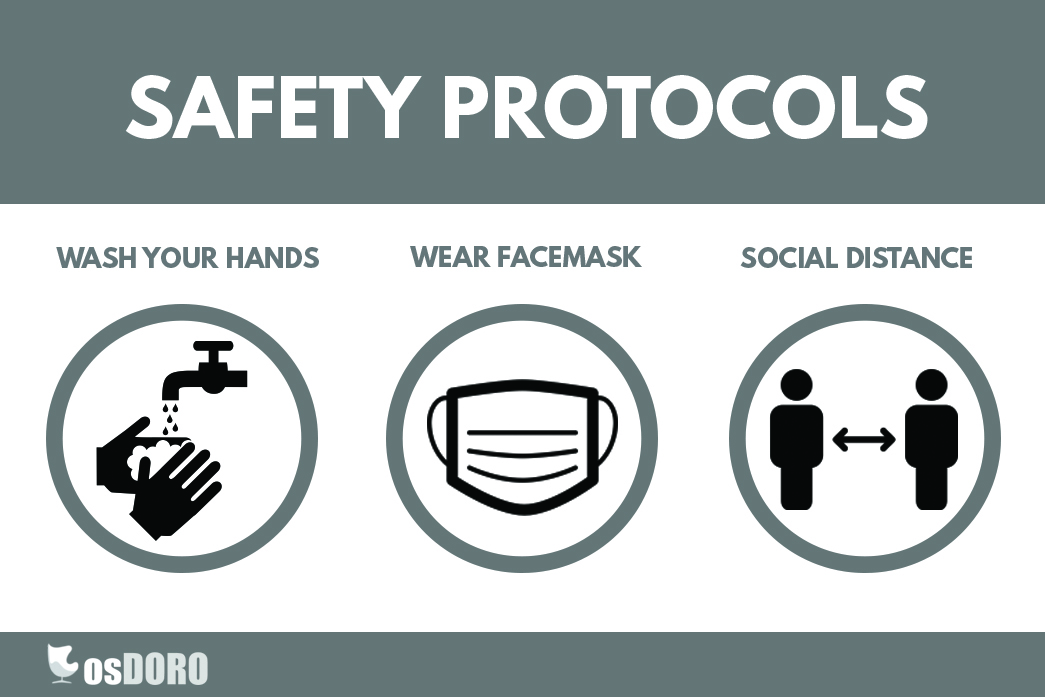
Since Covid-19 started, Singaporeans went into lockdown and the workplace has never been the same. Companies scrambled to adapt to online systems and workers strove to fulfill their duties at home amid the distractions from family and neighbors and the lack of work-life balance.
Only in September 2020 were companies allowed to recall part of the workforce back into the offices and for only half of the time. But unlike pre-pandemic, the workplace is drastically different — not only is the physical workforce cut in half, but the role of offices has changed drastically.

A lot of companies are downsizing to adapt to the economic downturn and the uncertainty in the new normal. There’s a greater focus on health and safety, overall anything else, and after people have experienced the benefits of flexible work, work has permanently shifted to flex work and companies are adapting hybrid work setups.
Landlords are also adapting to these changes to remain relevant, changing their business models to accommodate the new needs of their clients and attracting new tenants into their office spaces.
-
Moving to smaller flex offices

Unlike before where multinationals and large corporations have huge offices where workers come together, the new normal will have companies, large or small, moving into smaller office spaces.
Many companies are giving up the leases to their original offices and renting smaller offices instead. On top of leasing a smaller office, larger companies with many employees are also renting office spaces in flexible offices for rent, as well as coworking spaces, because these provide designated spaces and all the necessary equipment to allow small teams within a company to meet up, collaborate, and get things done. Additionally, they provide many perks such as increased flexibility, better location, and ready-to-use office infrastructure which allows companies to plug-and-play with minimal commitment.
With this shift, larger offices are becoming redundant. With so much unnecessary space, large companies are ending their leases left and right, and so many of them are downsizing and maintaining a much smaller main office on top of renting several flex offices.
-
Focus on health and safety

A huge factor in the new normal is health and safety measures in light of the pandemic. Covid-19 poses health risks and has permanently changed the way businesses and individuals behave in public. Therefore, office spaces where people work on a regular basis ought to become meticulous in their health and safety protocols.
More than just a location provider, landlords are becoming service providers whose businesses rely on the quality of their service, which is how well they can guarantee their tenants’ safety.
Using technology, landlords will be minimizing touchpoints, and with social distancing and physical barriers between workstations, and strict implementation of mask wearing and proper hygiene, landlords will be striving hard to provide the security that would bring tenants back to their businesses.
-
The need for interaction will bring individuals and SMEs back to flex spaces

Though the return to offices and renting flexible offices and coworking spaces will begin with larger companies and enterprises, soon, individuals and SMEs who were driven into their homes when the pandemic started will also be returning to flex spaces.
(SEE: Top 8 Coworking Spaces in Singapore)
After a year of work-from-home, even individual professionals, freelancers, and solopreneurs are craving previous human interaction, albeit with social distancing and health and safety protocols in place.
Being stuck working at home has its benefits but it also has drawbacks. Especially with Singaporeans who commonly live with their families in multi-generational households, continuous interruptions from family members and neighbours, alongside lack of professional space and privacy for work tasks, will drive people back into flex spaces.
-
Increased flexibility to accommodate the changing demands of tenants

While office buildings used to get away with leasing an entire building to just a few companies at a time, with companies downsizing and looking for more flexible options to accommodate smaller teams and their new hybrid work model, landlords will be transitioning to renting their office buildings to more tenants and with more flexible rental terms.
Instead of an actual lease, landlords will be offering office space and use of office amenities as a service.
Similarly, flex spaces will experience a greater need for flexibility in order to remain competitive. Whilst flex spaces already provided more flexibility than any traditional office prior to the pandemic, this is not enough to remain competitive in the new normal.
(RELATED: Offices for Corporations Post-Covid)

Though some flex spaces were not able to withstand the economic downturn and closed down, those who managed to operate again will need to redesign and reevaluate their spaces. Large common areas need to be divided into smaller spaces and even shorter contracts need to be made available.
For coworking spaces, events and programs need to be redesigned as well as congregations are no longer safe. A transition to online coworking communities is to be expected.

CEO